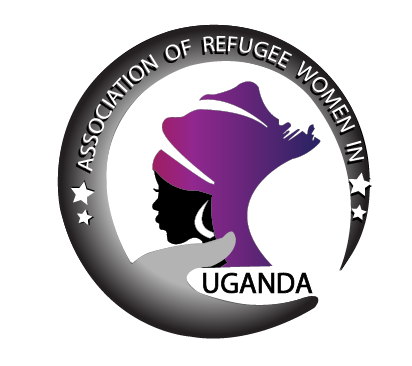TOR
Terms Of Reference For Consultancy Service For Entrepreneurship And Skills Development On Table Bird Farming In Kampala - Uganda
Uganda has earned recognition as the largest refugee hosting nation in Africa and the third largest in the world, with a refugee population of 1.4 million. The country’s progressive and generous refugee policy provides essential services such as healthcare and education in refugee settlements, while allowing refugees the freedom to move and work. One notable settlement is Nakivale Refugee Settlement, situated in the Isingiro district of southern Uganda. Established in 1960, Nakivale stands as one of Africa’s oldest and most enduring refugee settlements, spanning over 180 square kilometers. It is comprised of three sub-camps: Base Camp, Juru 5, and Rubondo, collectively hosting over 100,000 refugees from 11 different nationalities, primarily originating from the Democratic Republic of Congo, Burundi, Somalia, and Rwanda.
Refugee women residing in Kampala face formidable challenges in attaining livelihoods and employment opportunities, compounded by language barriers, limited resources, and prevailing cultural norms that often prioritize boys’ education. The combination of a restricted job market, discriminatory practices, and economic constraints creates substantial hurdles for these women, hindering their pursuit of financial independence and the ability to provide for their families. The project’s overarching goal is to empower these refugee women by establishing sustainable livelihoods, with a specific focus on introducing table bird farming. This initiative entails comprehensive training, support, and resource provisions to facilitate the establishment and management of small-scale poultry farms. Through engaging in table bird farming, the women are anticipated to achieve economic independence, while also acquiring vital skills in poultry husbandry, health management, and business operations. Emphasizing sustainable and ethical farming practices, the project aspires to contribute to the long-term economic stability of these women and simultaneously enhance food security within the community by providing a local and affordable protein source
